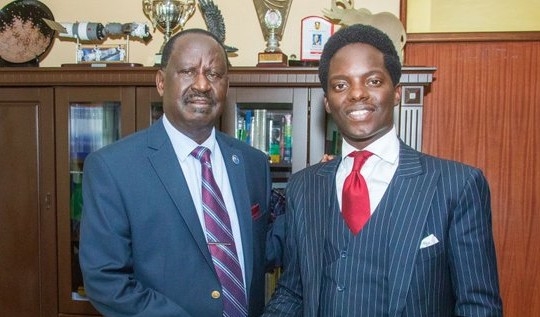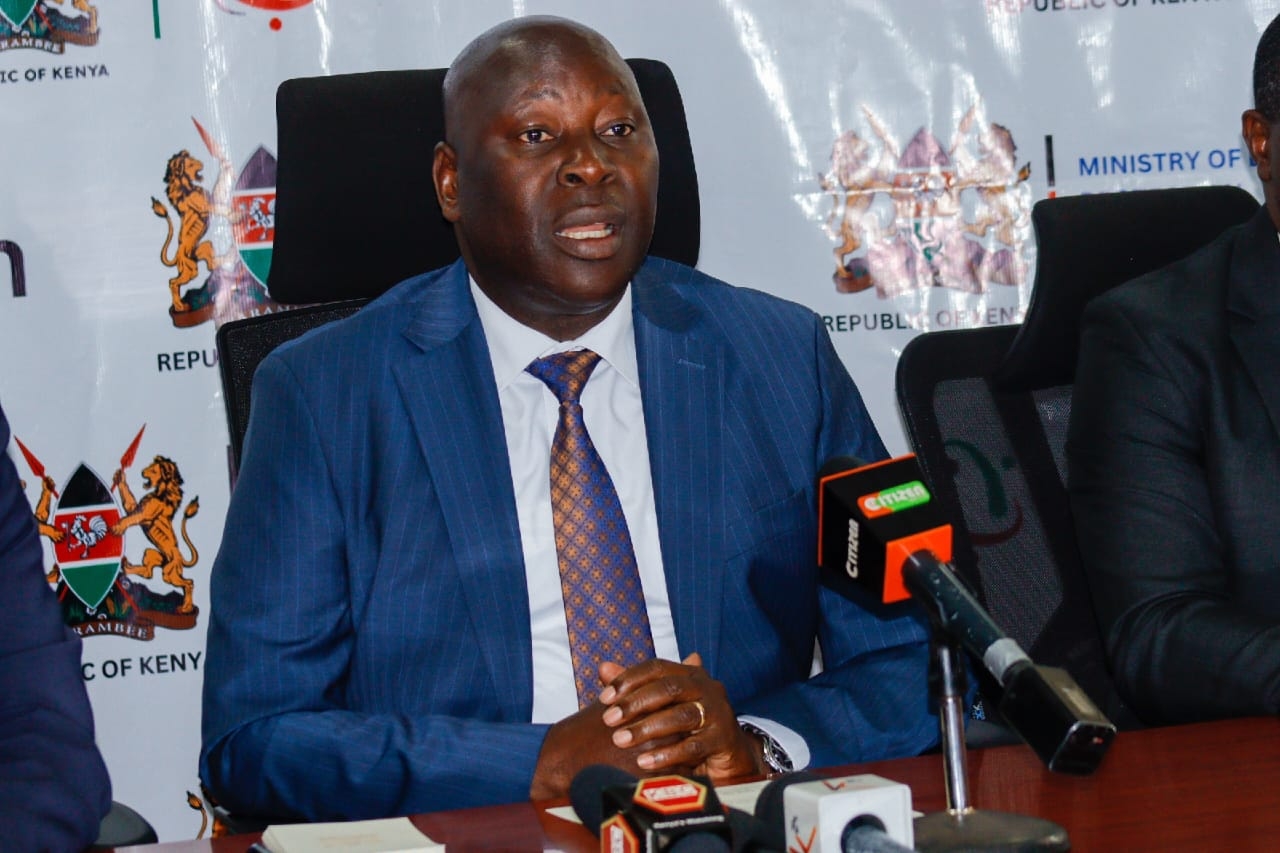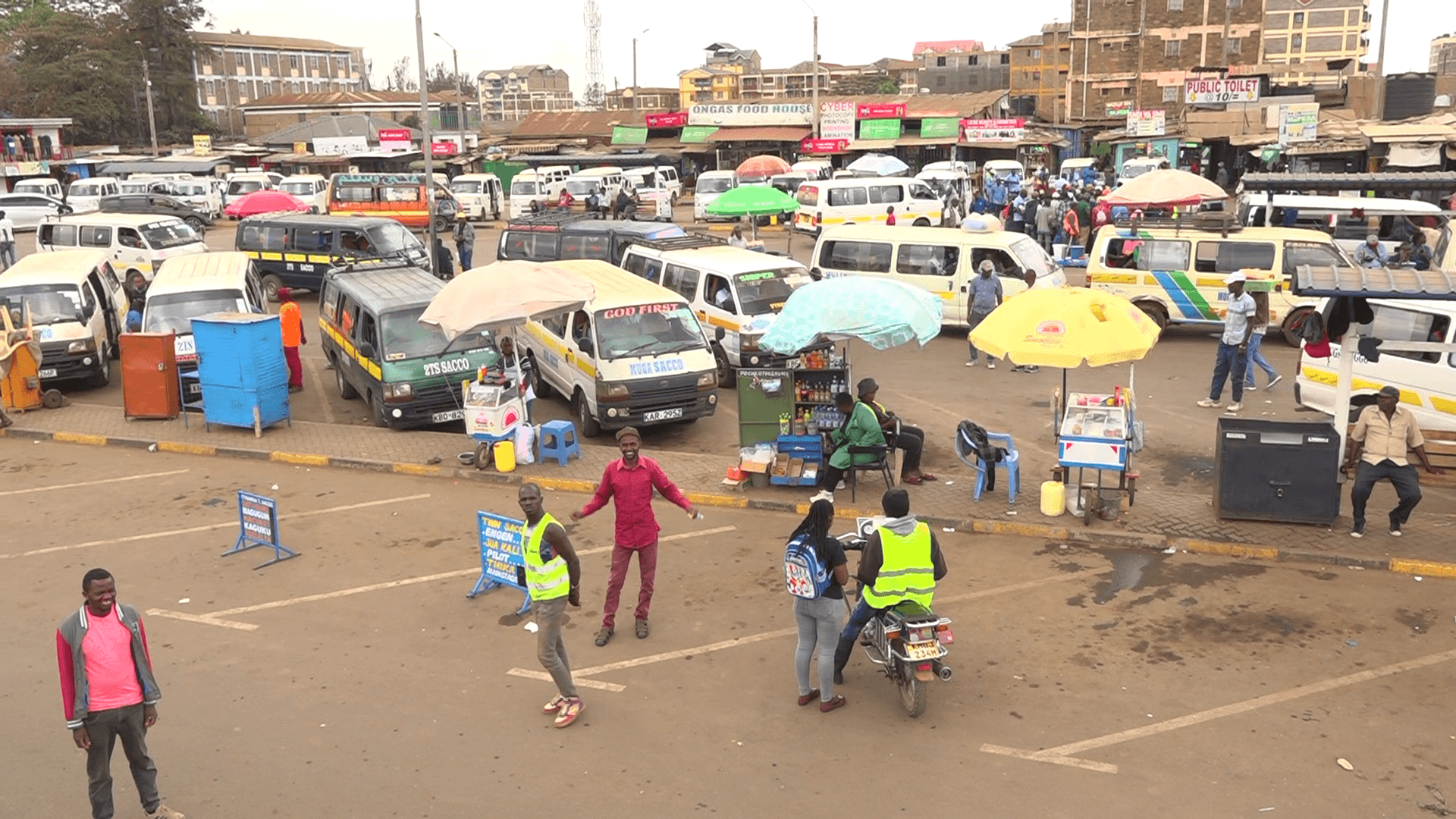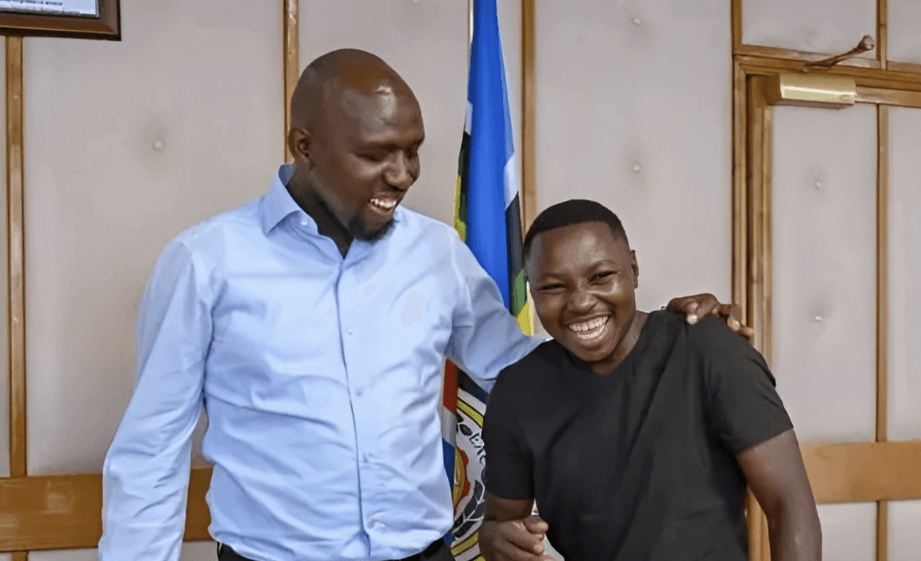Newly appointed Kenya prisons commissioner general Patrick Aranduh says he will prioritise modernisation in the prisons department.
He hopes to get more funding to enhance his plans as he banks on a complete shift that will also equip inmates, preparing them for after prison period.
He gave out an 100-day plan within the service to review regulations and policies to implement the David Maraga report on prison reforms.
“The Maraga report gave out various implementation plans which we intend to work on to ensure the service moves to the next level,” he said.
Aranduh said management and welfare of the staff at the prisons are key in achieving their goals. And he intends to also prioritise the issues.
The mental welfare of the prison wardens is also another area of his focus.
This is after it emerged the prison community is increasingly facing a challenge in terms of mental trauma.
Aranduh who took over office after being named to the position on July 12, has set out a raft of measures, including working closely with the Judiciary to decongest prisons that he now says host about 62,000 inmates as opposed to a capacity of 30,000.
Aranduh, a career prisons officer who has risen the ranks in the prisons department, is also focusing on modernising industries and farm technology with the aim of the correctional facility feeding itself and the country at large.
“We are grateful so far and with the support of all stakeholders we will move the department to the next level,” he said.
He will work closely with stakeholders in the education sector to revolutionise the education currently offered in prisons, to equip inmates with the necessary skills for rehabilitation.
Aranduh was the commandant of Kenya Prisons Training College in Ruiru before being promoted to the position of CG.
On housing, the commissioner general says his reign would immediately embark on President William Ruto’s plan of constructing 28,000 houses for prison wardens to address the shortfall currently being witnessed.
Lack of funding is a major challenge in the service.
The National Taskforce on Improvement of Terms and Conditions of Service and other Reforms for Members of the National Police Service, National Youth Service and Kenya Prisons Service recommended all top prison officers to be vetted within six months.
The report was handed over in December 2023.
The team said it established the prisons have had an annual average funding deficit of about 40 per cent since 2008.
“This has affected its institutional development. Worse still, unlike the case in the National Police Service, there is no modernisation plan in place for Kenya Prisons Service,” the report says.
It added prisons have large tracts of land that should have been utilised to ensure self-sufficiency in food supply.
However, the farms have been run down owing to a lack of resources as well as leadership wrangles, poor management that lacks innovation and endemic corruption.
“In some instances, insufficient ablution and sanitation facilities force inmates to use buckets in the poorly ventilated prison dormitories. Nothing can be more dehumanising and offensive to the inmates’ rights to dignity, privacy and a clean environment.”
“In many prisons across the country, the KPS officers’ living conditions are dehumanising. As is the case with the NPS, officers in KPS and their families live in mud housing, dilapidated, congested and condemned structures,” the report adds.
The Maraga team said the move to vet the personnel is aimed at addressing leadership challenges that are affecting the prisons.
“The task force recommended a fresh vetting by an independent panel to be appointed by the President for all officers in the rank of Senior Superintendent of Prisons and above (save for the current CGP) within six months of publication of the report,” says the report.
It said the entry requirement into the service should be capped at a minimum grade C minus (C-) except for candidates from marginalised areas.
To address the challenges of immaturity prevalent in the entrants, the minimum recruitment age should be raised from 18 to 21 years for the respective services, the team says.
To be able to undertake relevant theoretical and practical training including field attachments to ensure competency in training and professionalism, the initial training for cadets should take not less than 15 months while the one for constables should not be less than 12 months.
“As is the case with the NPS, the task force established that the stagnation of the KPS junior officers in one rank, in many cases until retirement, is a source of widespread discontent and low morale in the service. The task force, therefore, recommends the establishment of grades of Inspector II and I and the introduction of Constable III, II, and I, and Corporal III, II, and I within the same ranks.”












